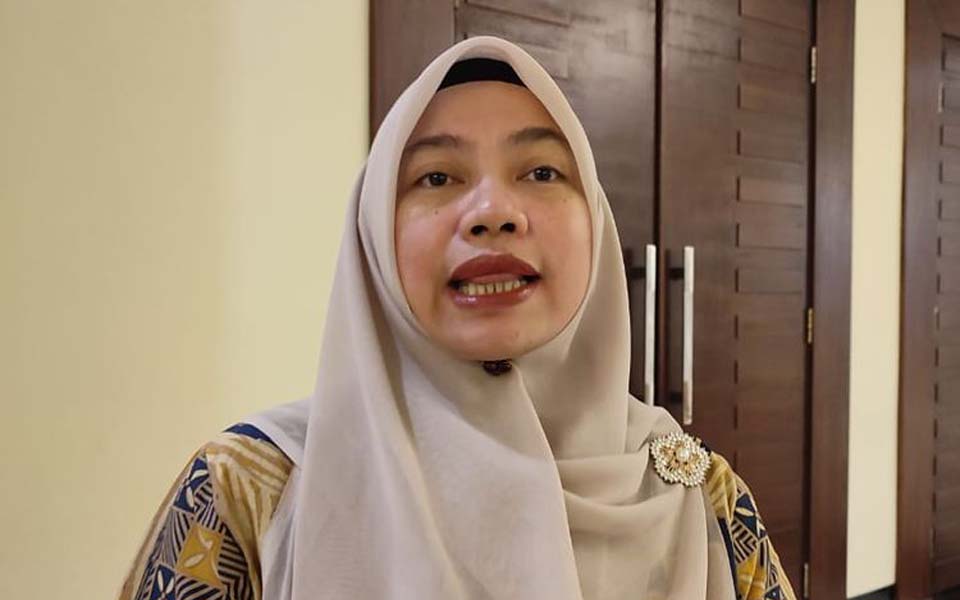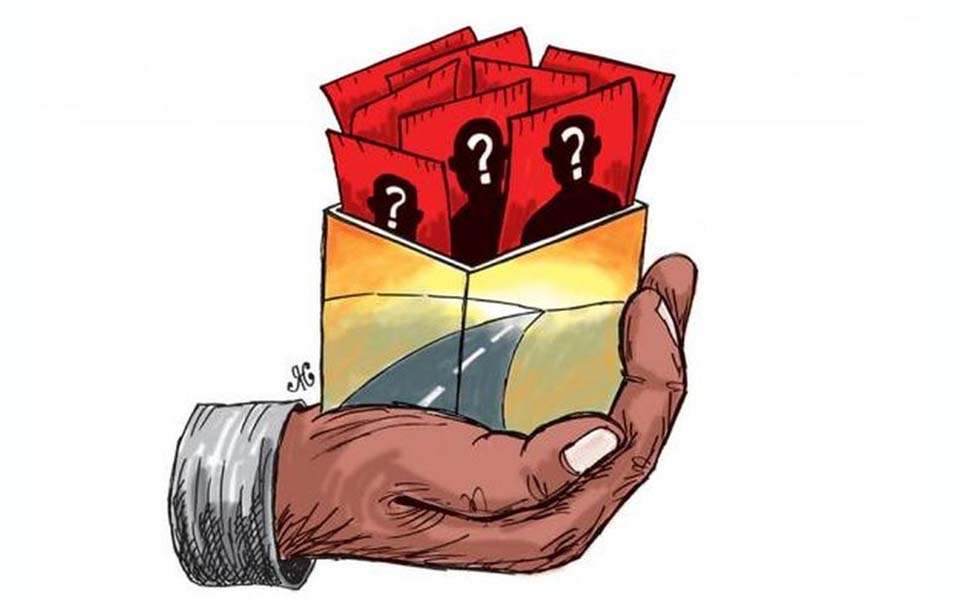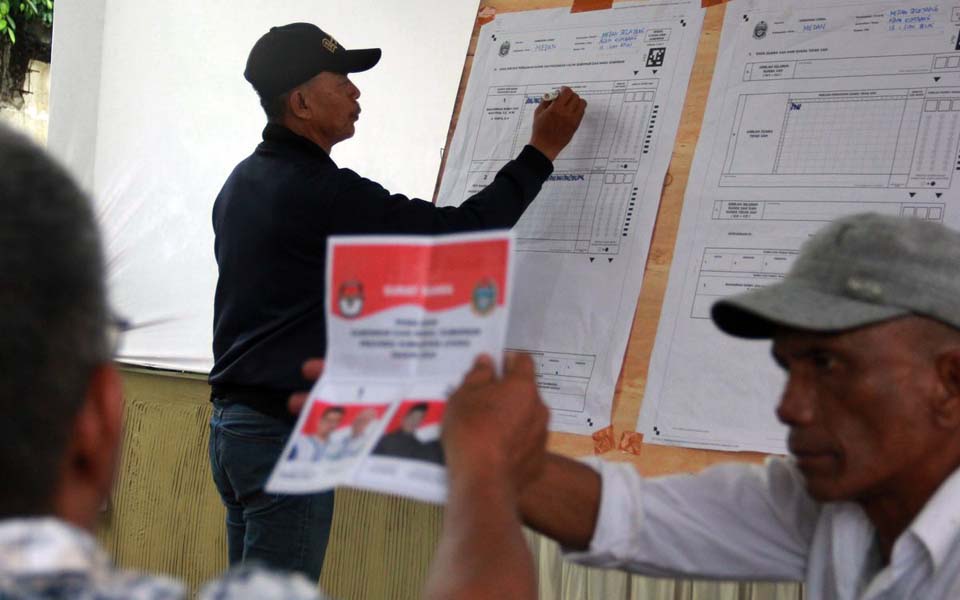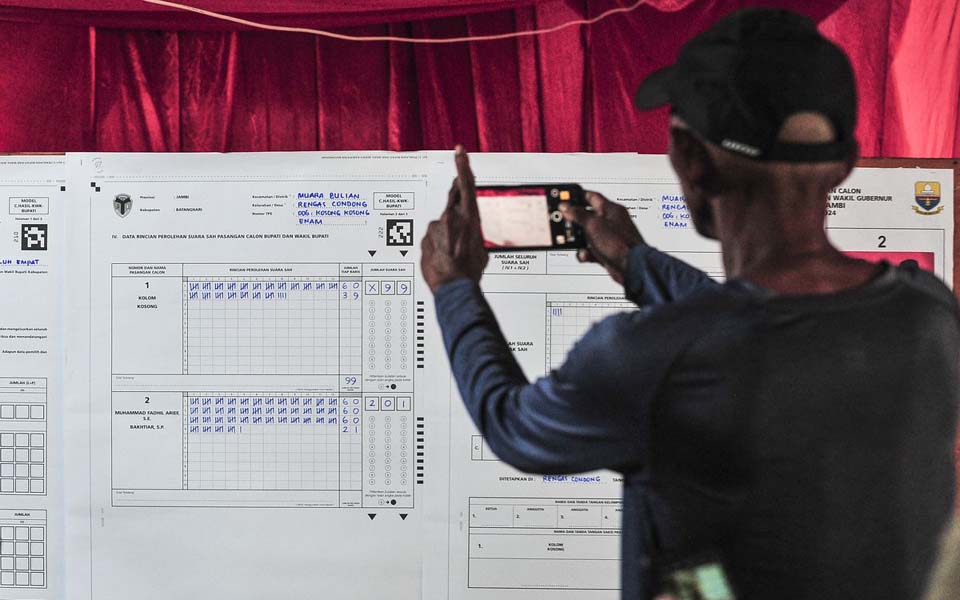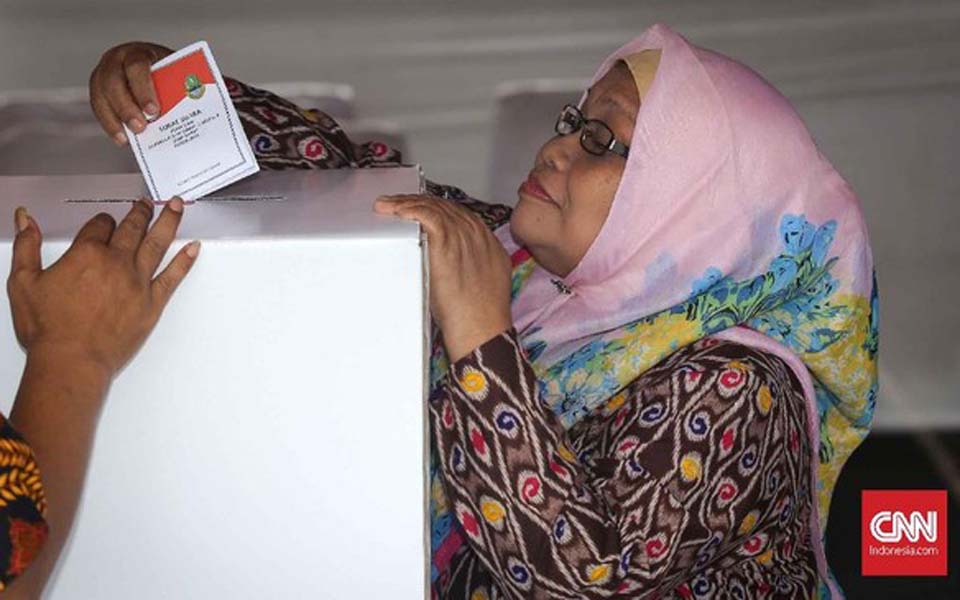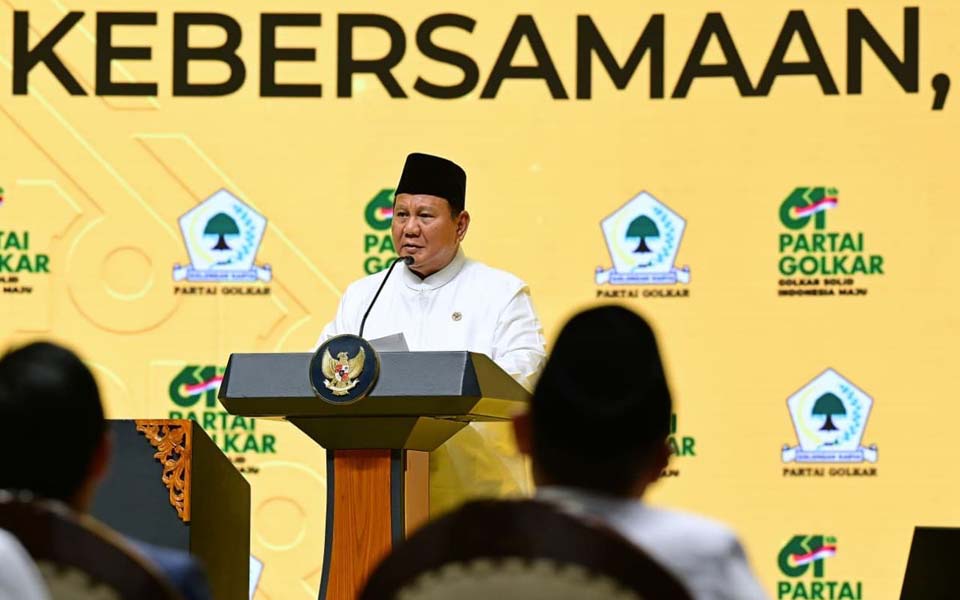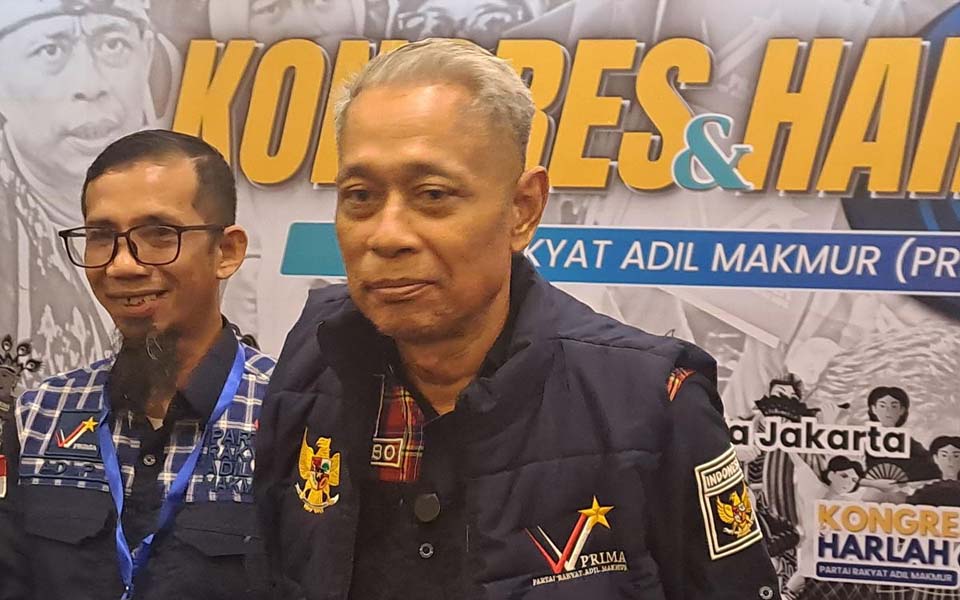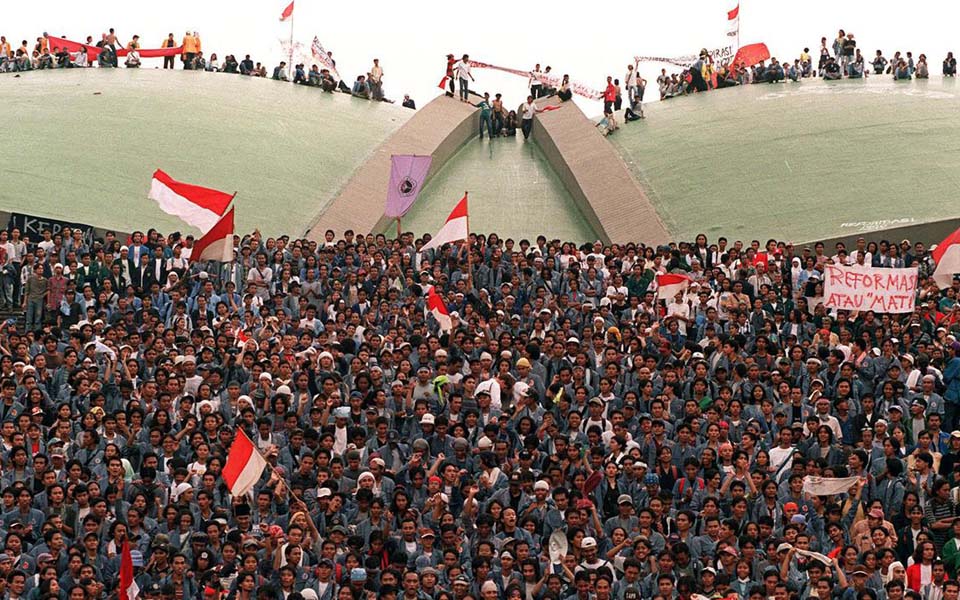Jakarta – It is doubtful that the 2004 general elections will produce a new leadership which can break the vicious circle of continuing economic, social and political crisis. It is almost impossible for such a new leadership to emerged in the coming elections because the potential presidential and vice-presidential candidates are still influenced by the culture of the old political system.
This problem which was raised in a discussion titled “Megawati Amidst Her Challengers” in Jakarta on October 18. The discussion which was held in conjunction with the launch of the Presidential Candidate Watch (PCW) foundation, presented two Indonesianists from Australia, Harold Crouch and Max Lane, political activist Bara Hasibuan and PCW coordinator Iriani Sophiaan.
Iriani spoke about his pessimism that the president and vice-president which wins the 2004 elections will be able to break the present vicious circle of crisis. According to Iriani, of the potential presidential candidates which have emerged, all of them represent old individuals who have a bad track record. Because of this, Iriani saw the coming election more as an opportunity for political education in order that society can exercise their votes more shrewdly.
“Only in the 2009 general elections will there be an opportunity for the younger generation to come forward as presidential candidates”, said Iriani, a teacher at the Faculty of Social Sciences and Politics at the University of Indonesia.
Harold Crouch told the story of how in discussions with a number of elite politicians in Jakarta it was revealed that President Megawati Sukarnoputri is said to not know how to lead the country. Not only does she not know what policy decisions should be taken, but she isn’t interested in knowing about them. But said Harold, this kind of political gossip does not reach the people in the villages. For a long time many village people only knew [Indonesia’s founding president] Sukarno, [Sukarno’s] Indonesian National Party and [Megawati’s] Indonesian Democratic Party of Struggle (PDI-P).
“They only know the most important thing is the bull [the symbol of PDI-P]”, said Harold. People in rural society said Harold, do not question whether or not Megawati is a successful leader or not, so there is a good chance that Megawati will obtain a lot of support in the villages.
Bara Hasibuan also said that the coming elections will almost certainly not produce new leaders. This view was confirmed by both Harold and Max Lane. According to Max Lane from Murdoch University, Australia, the reform movement has not yet been able to produce a party which is really genuine. At the moment, almost all of the political parties and the leaders of the political parties are still influenced by the political culture of the New Order [regime of former President Suharto] said Lane. This situation will result in the elections not being able to produce a government which is prepared to carry out reformasi.
“What ever the [electoral] laws are, the elections will not produce an government which is prepared to carry out reformasi”, said Max Lane.
Harold raised the issue that all of the political parties now know the strategy by which presidential and vice-presidential candidates will be nominated after the results of the election of legislative members are known. If in the 2004 elections PDI-P’s gets a vote of five per cent more than [the former state ruling party] Golkar, there is a possibility that Megawati will put forward [Golkar chairperson] Akbar Tandjung as vice-president. But if the votes obtained by Golkar are the same or greater than PDI-P, Golkar will not just be prepared to hold the position of vice-president. (wis).
[Translated by James Balowski.]






